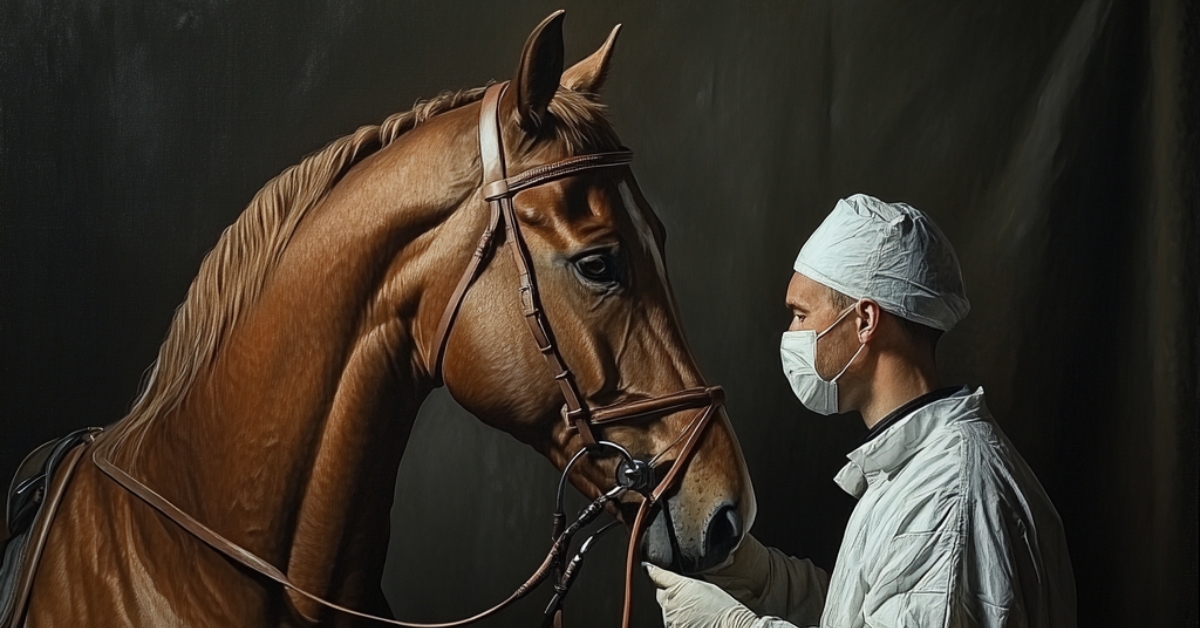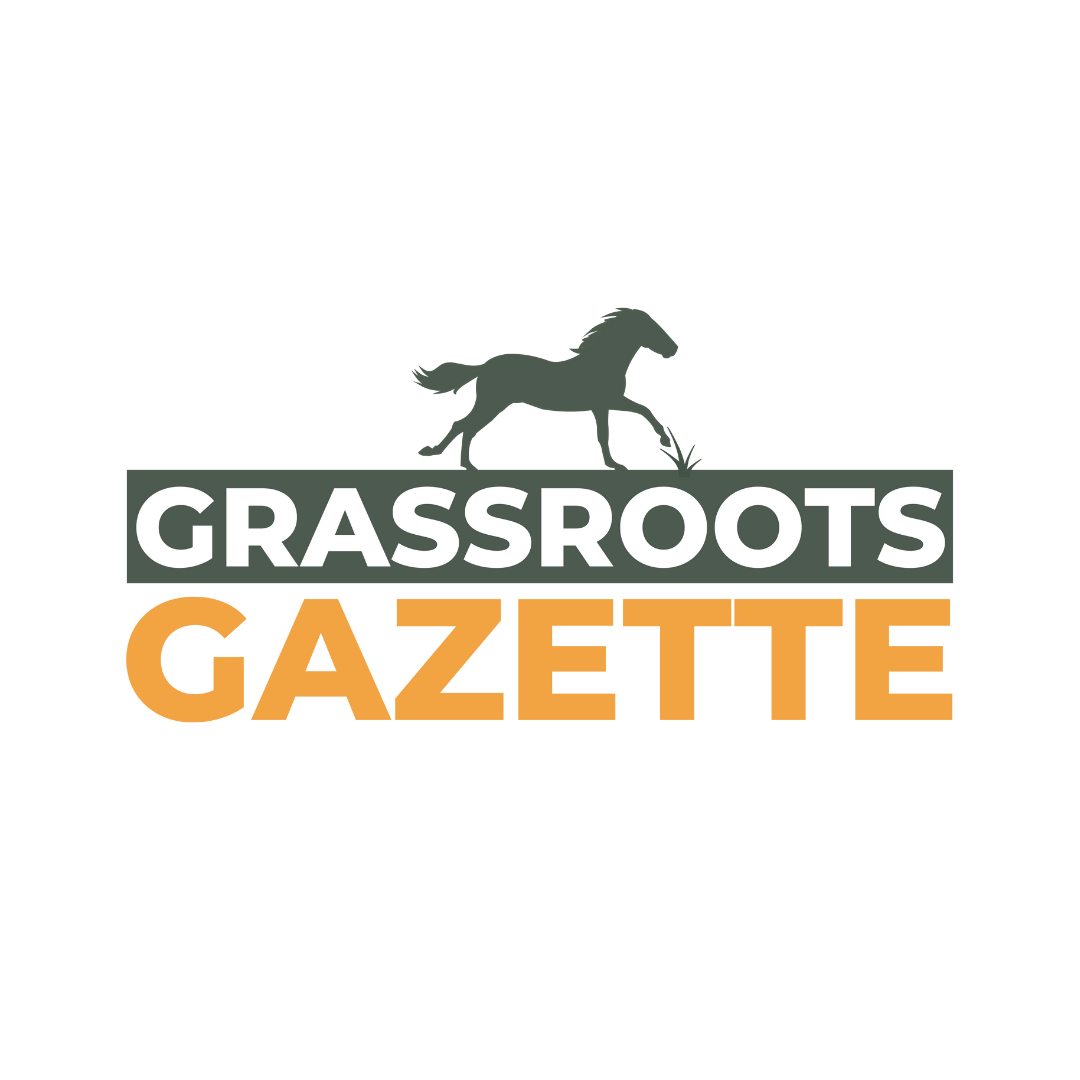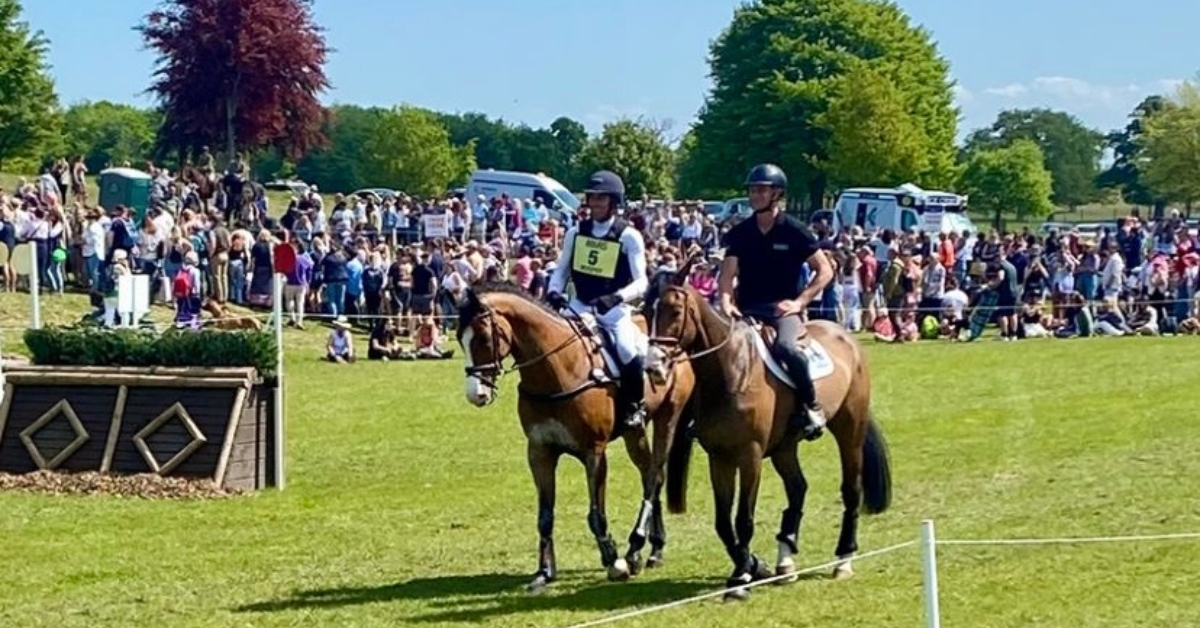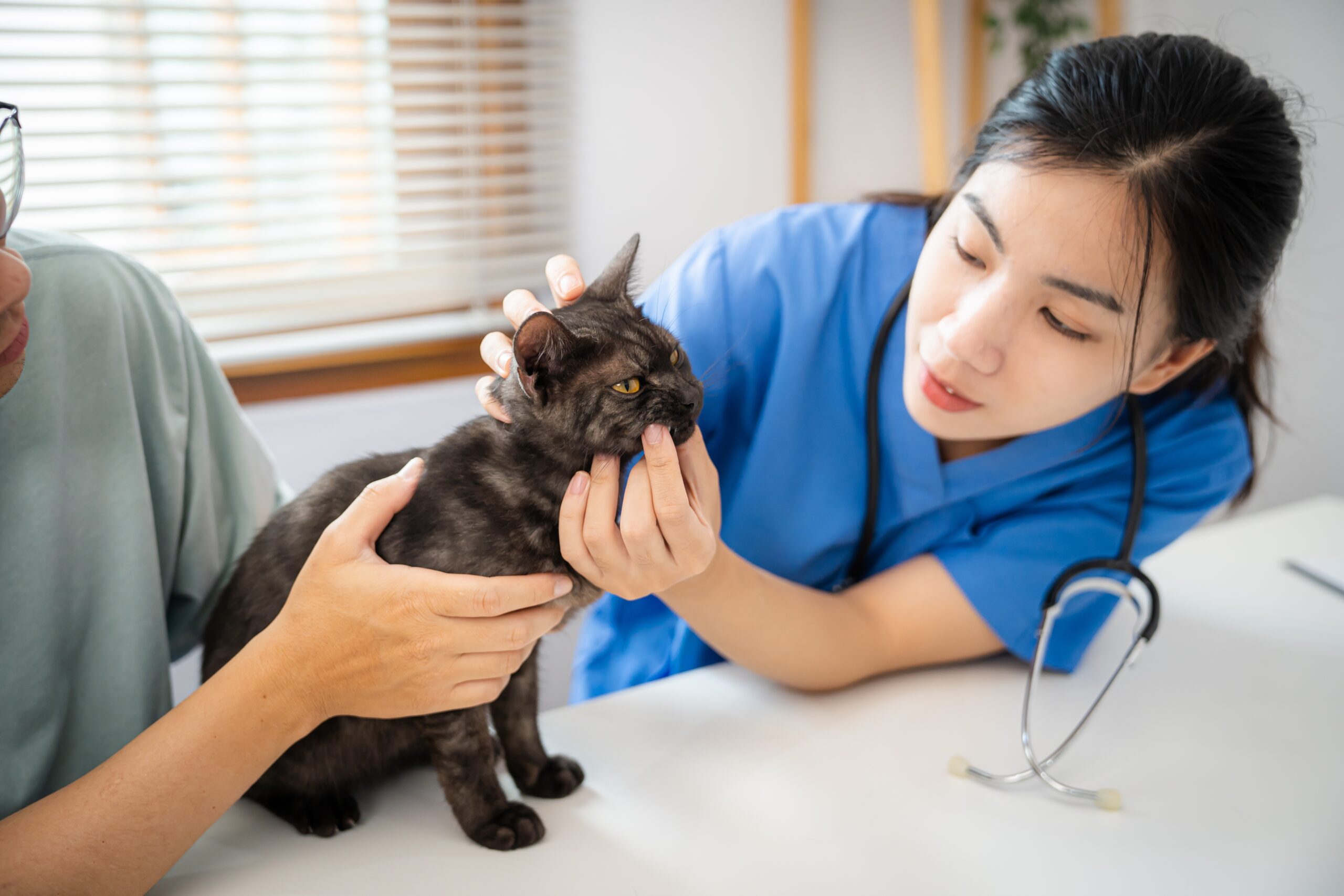
Vets and ministers are pushing hard for a solution as fears grow over access to veterinary medicines in Northern Ireland once the December 2025 deadline looms.
It’s thought that up to 30% of the veterinary medicine supply could be impacted when the three-year grace period wraps up. From that point on, EU regulations will fully apply unless a new deal is struck. The root of the issue ties back to Brexit. While Northern Ireland remains part of the EU single market for goods, 85% of its veterinary medicines come from Britain. With the grace period ending, those medicines will need additional testing to meet EU standards, raising concerns over both cost and supply chains, unless something gives.
The Windsor Framework, agreed last year, secured a long-term plan for human medicines in the North, but veterinary medicines were left hanging in the balance. A Cabinet Office spokesperson told the H&H as per their article, that as of the 30th of August that they’re continuing to “pursue a permanent solution to maintain access to veterinary medicines in Northern Ireland beyond 2025.” “In doing this, we engage extensively with industry and are committed to re-establishing the veterinary medicines working group,” the spokesperson added.
The North of Ireland Veterinary Association (NIVA) highlighted the uncertainty and worry this is causing within farming and veterinary circles, given the potential impact on both animal and human health.
“The council of NIVA, representing veterinary professionals across the sector, recognises that our commitment to the highest standards in animal health and welfare is also an investment in human and environmental health,” said NIVA president Sharon Verner. “We will continue to work hard and collaborate with decision-makers to secure the best outcomes for livestock, equine, and companion animals across the region.”
NIVA acknowledged the steps taken by Andrew Muir, Northern Ireland’s Department of Agriculture, Environment and Rural Affairs (DAERA) minister, in pushing for a solution, as well as the UK Government’s promise to re-establish the working group. A motion recognising these concerns passed in Stormont this summer, and last week, Mr Muir met with Cabinet Office minister Nick Thomas-Symonds and other senior officials to keep the pressure on.
“I fully understand the concerns as we edge closer to the end of the grace period on 31 December 2025, and I urged the Government to work swiftly towards securing a veterinary medicines agreement with the EU,” said Mr Muir following the meeting.
A spokesperson for DAERA added: “Our officials are fully aware of the genuine concerns around veterinary medicine supplies after 31 December 2025 and are working with the veterinary medicines directorate, Defra, and other stakeholders to address these.”
Malcolm Morley, senior vice president of the British Veterinary Association and equine vet, stressed that securing access to vital medicines for Northern Ireland, particularly equine vaccines and breeding treatments, should be an immediate priority for the UK Government.
“The proposed EU veterinary agreement could provide the much-needed fix we’ve been waiting for,”. “While it’s encouraging that the Government is committed to re-establishing the working group, urgent talks with the EU Commission are crucial if we’re to find a way forward. This can’t fall off the radar—it’s too important for the veterinary sector, farmers, the equine community, and public health.”
David Montford, CEO of the British Equine Veterinary Association (BEVA), echoed these concerns. “We stand with NIVA in calling for a solution that guarantees vets in Northern Ireland can continue providing the essential treatments their clients need. Political squabbles shouldn’t come before animal welfare.”


Share
Your subscription is 100% Free for our first year, No credit card details required.

The Judging Concerns That Keep Coming Back — And Why They Can’t Be Ignored Anymore We didn’t make it to

There are few sporting events that live up to the hype. Wimbledon? Too many strawberries. Cheltenham? Too many suits. But

British Veterinary Association publishes full response to Competition and Markets Authority’s proposed remedies for veterinary market for household pets. The